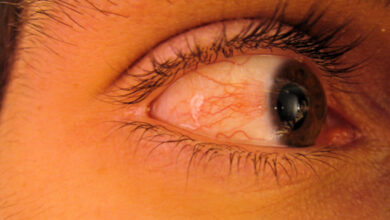What is Genetic Testing and Who Needs It?

Genetic testing is when your DNA is analyzed to determine if you have an increased risk of developing or passing on specific diseases. Genetic testing may involve examining one gene, several genes, or the entire genome, depending on your needs. The medical community uses genetic testing to identify people at higher risk for health issues to be monitored closely through regular visits. It does not replace the doctor’s visit but rather supplements it by providing information about an individual’s risk level.
Winter Park genetic testing also has non-health-related purposes, such as ancestry tests and paternity tests, which provide information about one’s ancestral group or family tree. However, the testing is done via a cheek swab instead of drawing blood with a needle for these tests.
Who Needs Genetic Testing?
Genetic testing is helpful for people of all ages. Children are often screened for genetic disorders at birth or later in childhood. Those who have an increased risk of certain diseases may be monitored more closely to receive treatment as soon as possible if symptoms show up. Genetic testing can also help children avoid the disease altogether by genetically engineering them while they are still in the womb.
It is especially true if the disease runs in families, but even if it doesn’t, genetic testing can help identify possible risky genes before any symptoms begin to show up. Additionally, if you want to have your children, you should get tested to inform your children about the risks properly.
Genetic testing is vital if you are considering starting a family with someone else. For example, if one parent has an increased risk for Alzheimer’s disease but the other parent doesn’t, it could be very costly if the parent with Alzheimer’s has children. Genetic testing can help couples avoid passing defective genes to future generations, but only when both couple members get tested.
How Accurate is Genetic Testing?
Genetic testing is very accurate, but it does depend on the method used. A cheek swab test, for example, only looks at your DNA in general without pinpointing specific genes that have a connection to disease or other issues. This type of test will tell you if there is a chance that you might develop Alzheimer’s, but it won’t tell you for sure.
However, more specialized testing is highly accurate. There are many ways to determine if you have increased chances of developing or passing on specific diseases, including sequencing the entire genome or looking at specific genes that have a link to the disease. These tests are very accurate because they’re able to pinpoint the exact cause of your increased risk.
To summarize, genetic testing is the analysis of your DNA to identify diseased genes or for paternity tests. Genetic testing can be used to identify genetic disorders in children at birth. As an adult, you may need genetic testing to screen for diseases that run in the family or genetic conditions that you can pass to your children. The accuracy of genetic testing varies depending on the method used.






